Mid-week here at Concorto and a day full of shorts, industry talks, music and more.
The Summer connection today will tackle the age-old question of the distribution of shorts. Afterwards, the afternoon screening will take us to Argentina, for a presentation of some shorts in collaboration with Argentinian Film Schools (for more details see the project El Cine es un Puente en el Oceano).
The intense evening screening will begin with the BORDERS competition and the short De l’autre rive by Jean-Claude Banys (see review here). The official competition will begin with the one-minute Swedish animation Where did it all start? by Tobias Anderson followed by another animation – Mon Homme (Poulpe) by Stéphanie Cadoret – a metaphor on obsessive relationships. Ruah by Flurin Giger tells us four stories only apparently disconnected one from the other, while the animation Kukushka by Dina Velikovskaya is a touching jewel dedicated to the young at heart. We get back to reality with the harsh Greek docu-fiction We The Others by Nikos Gkoulis and we close with the Brazilian experimental documentary Green Screen Gringo by Douwe Dijkstra and Inconvenient Comfort by Ádám Fillenz, a well-done reflection of today’s bourgeoise immobility.
Nocturnal cinéphiles will rejoice in the greenhouse with the UBIK screening (here the reviews) and the third part of the DEEP NIGHT selection (here the reviews). Meanwhile in the woods we will dance, dance, dance with Sven fom Hamburg’s Internationales Kurzfilmfestival!
Here follows the interview with Ely Chevillot, director of Ce qui échappe, and today’s film reviews!
Where did it all start? – Tobias Anderson
Seen by Elena Saltarelli
This extraordinarily concise short film – one minute and ten seconds – exists for the sole purpose of asking this question: where did it all start? Bright colours, figures who commemorate Hitchcock’s characters (clearly a point of reference for Anderson), an atmosphere inspired by a existentialist allure useful to underline this verbal exchange; this are the ingredients of this micro-film. Fundamental is the perfect balance between the weight of words and the weight of silence; concrete is the answer which comes to us – i.e. that an answer doesn’t exist.
Mon Homme (Poulpe) – Stéphanie Cadoret
Seen by Carlotta Magistris
Animation short movie from 2016 by Stéphanie Cadoret in italian première at the sixteenth edition of Concorto, Mon homme (poulpe) is a visionary seven-minutes work about a woman that comes back home, in her intimacy, gets naked and diving in her bathtub slips in a marine abyss, the appropriate situation for her partner: an octopus with long and pushy tentacles, hard to escape from and to which she submissively indulges. The following day she has to hide with her shirt the marks on her body of this unusual submarine relationship. An efficient visual metaphor of a love story which brings the signs of an emotional toxicity.
Ruah – Flurin Giger
Seen by Silvia Alberti
Presented at the 73rd Venice Film Festival. Swiss director Flurin Giger in “Ruah” (in Hebrew “wind / breath”) tells four stories apparently unrelated to each other. Throughout the film there is a tense atmosphere, although spectator does not know its real cause. We enter in medias res, when the different situations are almost doomed. If no power is given to the spectator, equally impotent are the protagonists of the short. In fact, how should you behave when you are aware that something enormous and irreversible is going to happen? One thing is certain: Ruah will keep you on the edge of the seat.
Kukushka – Dina Velikovskaya
seen by Silvia Alberti
We can expect many things from an animation, but we’re always amazed when a genre meant for a young audience echoes reflections and experiences of all. Kukushka is a bird travelling alone, chasing the sun. It suffers such a fascination that even though it can never reach it, it starts again every day. But what happens if you travel suddenly in two? The perspective changes, even if we do not notice it at the beginning. Whether it is the birth of a son, a casual encounter, the union with another being: the purpose of the journey changes. And who knows if the newcomer will be transformed into the new sun. A small moving jewel, directly from the cold Russia.
We The Others – Nikos Gkoulis
seen by Yorgos Kostianis
“Are you one of us or one of the others?” that is the rhetorical question that serves as the centrepiece theme of the film. What started out as a mindless joke, shared between two blue-collar warehousemen, encapsulates the dire severity of the economic crisis that plagues the people of Greece and the inevitable class-warfare that it has brought upon the country. Nikos Gkoulios and his team, lets us peep into this jarring reality through the eyes of one of those warehousemen who has been “let go”, at Christmas, by Liber Hellas, the corporate conglomerate he has been working for. The last task given to him before collecting his compensation is that of dressing up as Santa Claus for a middle-school theatre play sponsored by the company. The film casts a scathing look at the acute economic austerity imposed on the country, creating a new sort of a modern oligarchic regime, where a three-month working contract is equivalent to winning the lottery and people start perceiving themselves as “Others” exploited by a rigged system operated by “Them”.
Green Screen Gringo – Douwe Dijkstra
seen by Elena Saltarelli
The last Dijkstra effort sees him as a tourist in a contemporary Brazil, hidden behind a green screen and with the respectable target that is documenting life who pass through that. The result is a fortunate union between events and human types, that highlights (unconsciously?) the socio-political result and the bottomless incongruity of the country in which they live. An admirable post-production work literally mixes and decontextualizes the Brazilian realities, connecting a nation that encloses extreme differences; GSG swings between documentary and experimental, as well as between middle class and favelas and cheapened profane and proud history. It links without touching, letting others speak, staying on the essential Shakespearian leitmotiv which totus mundus agit istrionem.
Inconvenient Comfort – Ádám Fillenz
Seen by Margherita Fontana
Annabelle’s legs have been hurting since a year and a half. For this reason, she feels forced to use a mobility scooter all day long. The woman refuses to admit that her behaviour isn’t due to illness, but to her rejection to be in a relationship with people who surround her. A chain of events will present the woman to a growing solitude and will force her to pull her life together. The work by the Hungarian director Fillenz, presented at Concorto in Italian première, can be read as an allegory of the inconveniences we have to face when we seek refuge in a comfort zone of indifference, in order to protect ourselves from frustration. This interpretation is suggested by the scenes where we see Annabelle and his husband: perhaps is no coincidence that their ordinary conversations take place in front of a TV broadcasting dramatic news from the war in Syria. A warning to the risks we take when we protect ourselves from empathy.

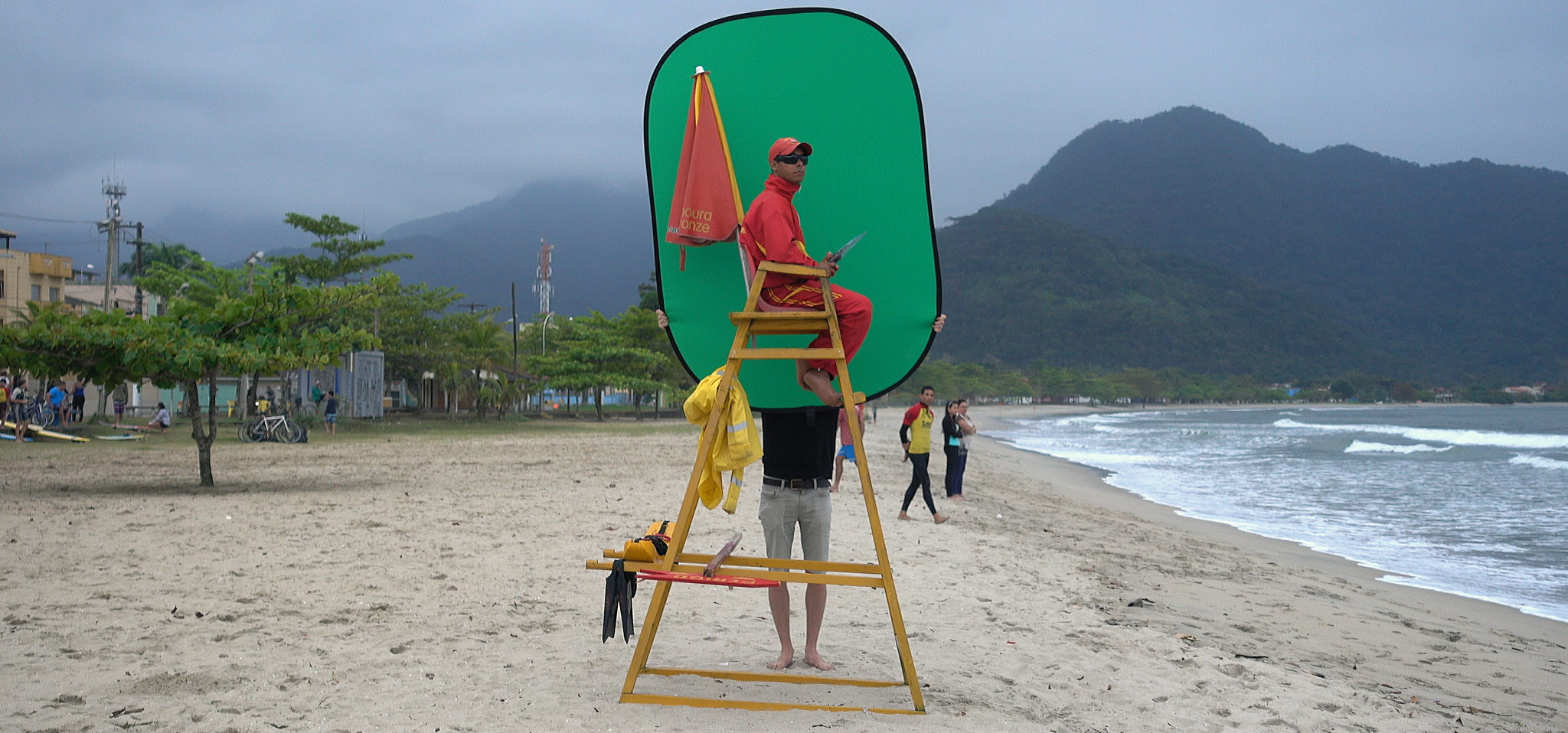
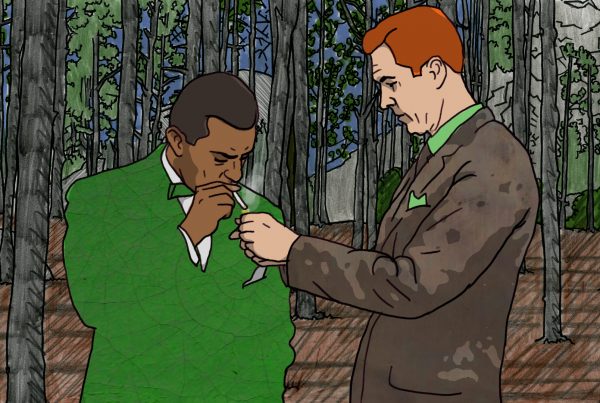
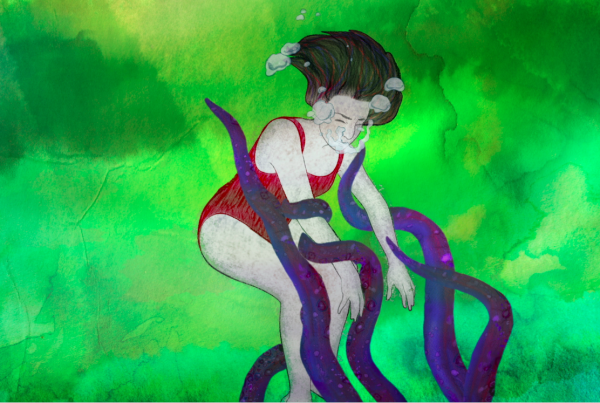
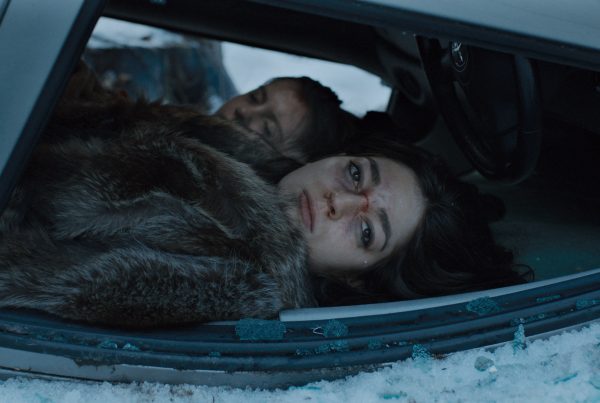
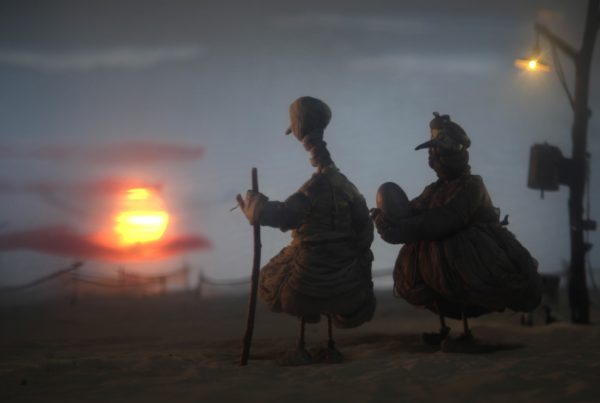
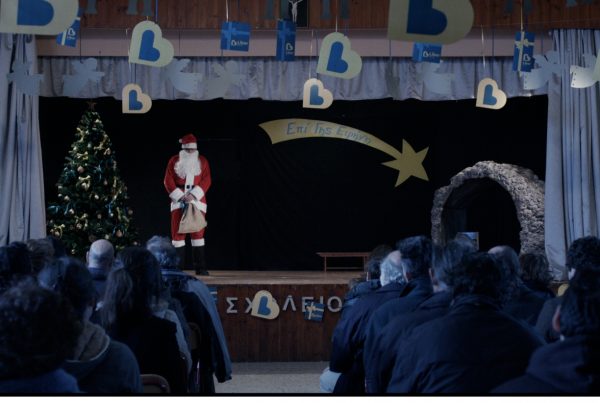
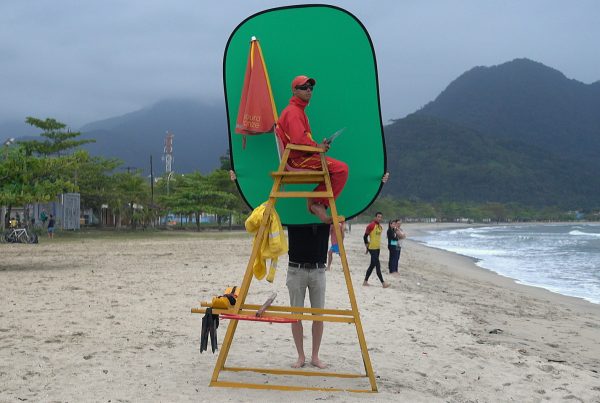
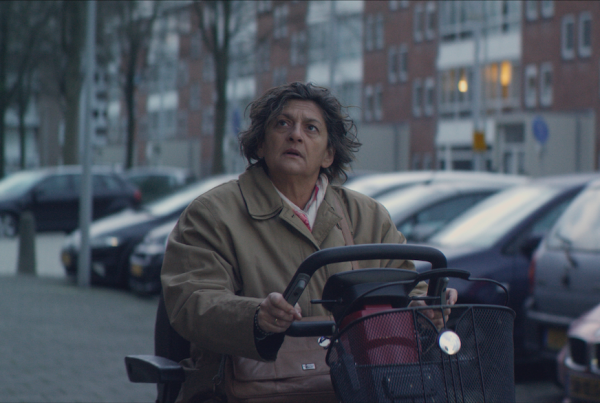
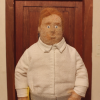
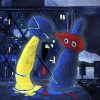

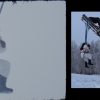


Commenti recenti